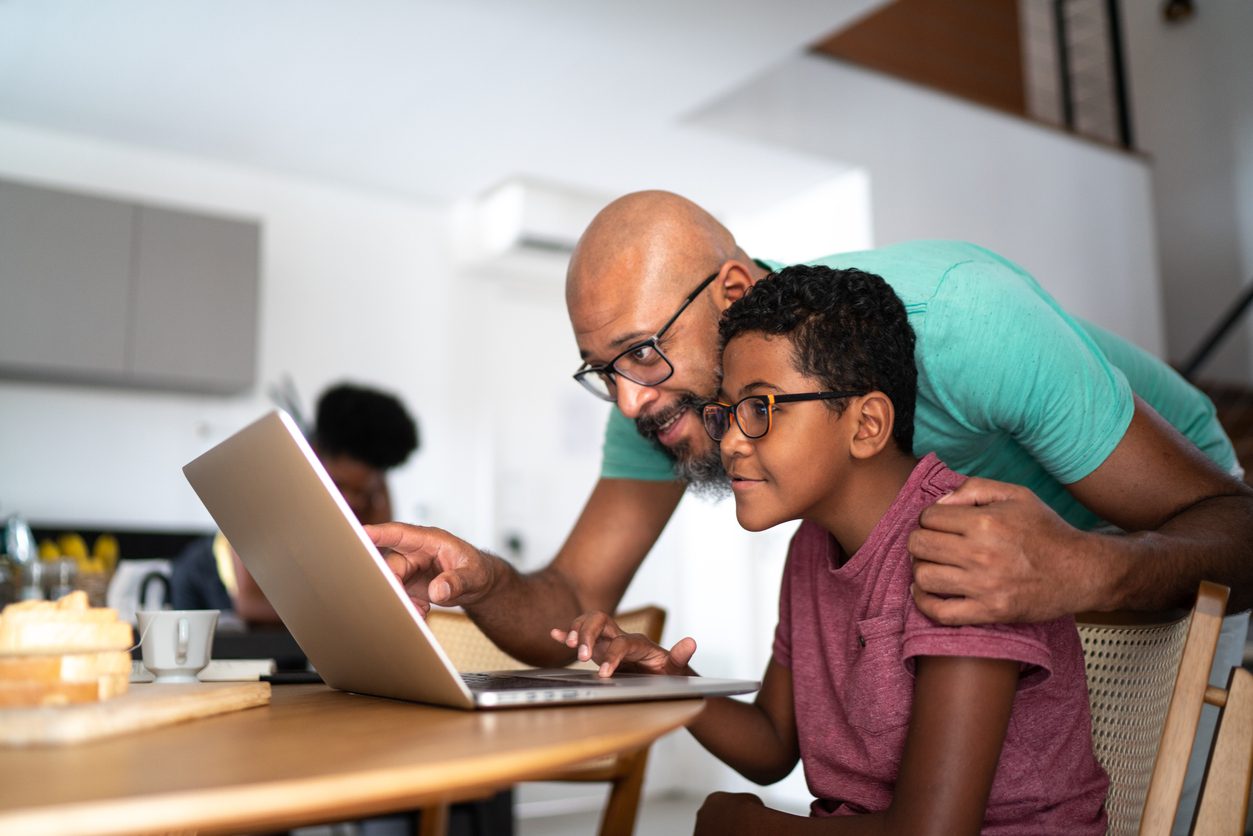Is your child interested in learning to speak a second language? Here are 5 great tips from Tutor Doctor to make the process a whole lot easier.
1. Take classes in school. Foreign language classes are often introduced as early as elementary school. By the time a student reaches middle or high school, foreign language classes are typically offered as electives. In many cases, students will get to choose which language they want to learn (provided the school offers multiple courses). This is a great way to ensure routine practice throughout the school year, and it also helps accomplish a second important goal: meeting the 3 year foreign language completion required by many top universities.
2. Use trusted language teaching software. By “software” we mean programs that are installed on a laptop or desktop computer – these are full-fledged suites that encompass every aspect of language learning. When it comes to trusted software, Rosetta Stone is generally the best you can get (and is available in a multitude of languages). The only entry barrier to software suites is the financial investment; for instance, Rosetta Stone is available on a subscription basis (roughly $35 USD/monthly) or a life-time purchase of $299.
3. Use language teaching apps. We put apps in a separate category because they teach language in a much different way than traditional software. Whereas programs like Rosetta Stone attempt to immerse the user from the ground up, language-learning apps use games and reward systems to teach. There’s nothing wrong with using apps, and the game-like mechanism makes them fun to use. Another benefit of apps is the ability to practice on the go! Duolingo and Babbel both come highly recommended by users. For best results, we recommend using a learning app in conjunction with one of the more traditional teaching methods listed above.
4. Learn with a friend or family member. One of the most difficult parts of learning a new language is making the transition from “knowing the words” to actually engaging in spoken conversation. Learning with a classmate, friend, or family member is a great option because it gives you the opportunity to practice speaking aloud with another person.
Note: Our next tip may not be feasible right now due to the pandemic. However, it’s one of the most effective ways of learning a language, so we feel obligated to include it for future reference.
5. Travel. Out of all the ways to learn a language quickly and naturally, it’s pretty hard to beat full immersion. When visiting a country that speaks the language you are trying to learn, you will be constantly surrounded by spoken conversation and written text. Full immersion also allows you to experience unique cultural aspects of the language, from dialect to nonverbal expressions. The only real downside to this method is that some people end up learning colloquial manners of speaking that may not be grammatically correct, but this wouldn’t be a factor for someone who has already started learning the language. A fully immersive experience is often considered to be the most effective way to learn a new language!
6. Work with a tutor. Whether you are studying for a class or you just want to learn a new language, working with a foreign language tutor is a surefire way to get results. One crucial benefit of working with a tutor is being able to ask clarifying questions during the lesson – something that is not possible with electronic methods. In addition, working with a tutor provides real-life one on one conversation practice that helps cement your understanding of the language.




